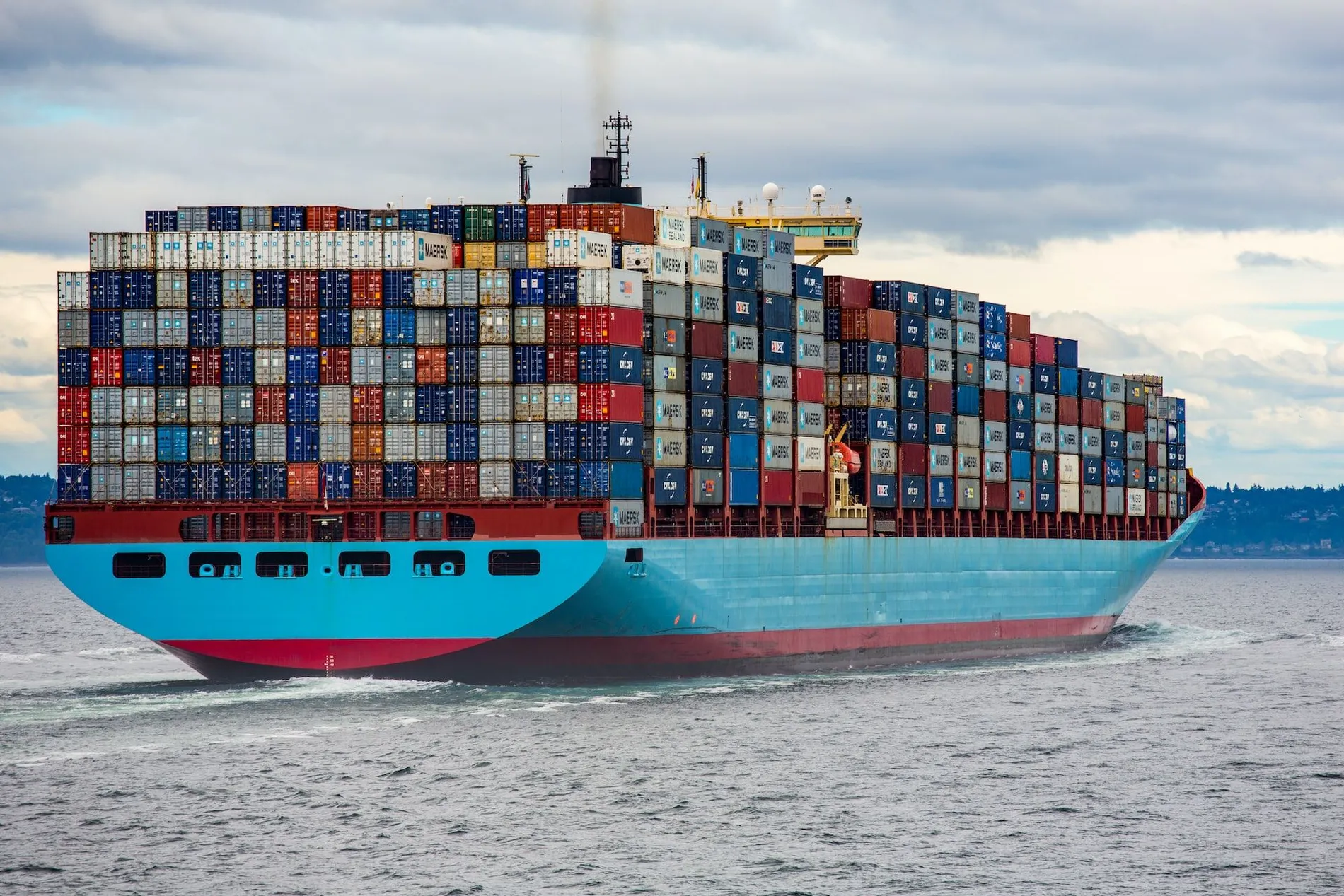Opting for courier services or freight forwarders for product shipping can be essential, even for small enterprises. Every means of transportation is ideal for different kinds of shipping needs and provides distinctive advantages.
Understanding the differences between courier and freight services will enable you to make an educated decision no matter the magnitude of the package you’re sending. In this blog, we will highlight the primary differences and help you to choose the service better matching your shipping requirements.
Understanding Courier Services
For delivering small to medium sized items over short to medium distances, courier services are usually the best option. They usually offer door to door delivery in addition to tracking services to enable you to monitor your shipment constantly.
Businesses with small parcels, papers, and other things demanding fast delivery times find couriers ideal. These kinds of services are the specialty of companies including FedEx, UPS, and DHL, which offer fast options including same day and overnight delivery.
The major advantage of using courier services is that it saves time and is quite efficient. Couriers are the best solution for time sensitive deliveries since they can quickly transport and carry items. Furthermore, their management of every part of the delivery process from pickup to delivery, including customs clearance for overseas shipments, makes them very handy for fast or important deliveries.
Exploring Freight Forwarding
Conversely, freight forwarding providers are appropriate for overseas, massive, and big loads. Including the logistics of transporting products across several carriers and methods of transportation like vessels, airplanes, and trucks, freight forwarders are masters of negotiating the complexities of the shipping sector. They simplify the task of organizing cargo space, handling shipping regulations, insurance, and customs paperwork by acting as a link between the shipper and many transport companies.
For companies in need of shipping great quantities of products, freight forwarders offer an inexpensive option. By using their network and knowledge to locate the most ideal transportation paths and techniques, they frequently combine deliveries from several customers to lower expenses. For less time critical cargo that can support a longer transit time, this technique is ideal.
Courier vs Freight: Factors To Consider
- Speed and Urgency: The need for fast delivery requires courier services as the ideal solution. The transportation of regular deliveries through freight forwarding establishes a better cost structure when speed is not essential.
- Size and Weight: Most courier services require limitations on package weight combined with specific dimension requirements for deliveries. The delivery requirements exceed the specifications set by courier services so freight forwarding becomes necessary.
- Cost: The price of using couriers becomes excessive for large and weighty packages yet freight forwarders charge better rates for moving huge volume shipments.
- Destination: Freight forwarders possess superior capabilities when handling the logistical challenges that occur during product movements to other countries across borders.
- Handling and Security: Couriers offer excellent security and are ideal for valuable items that require careful treatment. Freight forwarders manage greater quantities and offer less specific supervision
Making The Right Choice
The determining factors for choosing between freight forwarding and courier services depend on your delivery items along with their desired delivery speed. Small packages delivered quickly benefit most from using courier services because courier services offer reliable time-sensitive delivery for everyday packages.
The selection between freight forwarding and courier services depends on whether your shipments are large-sized and not constrained by urgent delivery requirements. Bulkier shipments become more affordable to send through this method when time delivery requirements are flexible. To select an appropriate shipping method, study the dimensions of your shipment together with delivery time requirements and available funds.
Conclusion
In summary, your shipment requirements determine which service method – either courier services or freight forwarders – offers the most suitable benefits. The selection of an optimal shipping method becomes possible by analyzing specific needs against the defined differences between courier services and freight forwarders. Consider your logistics requirements and business goals when selecting a service because they will determine your final choice.




